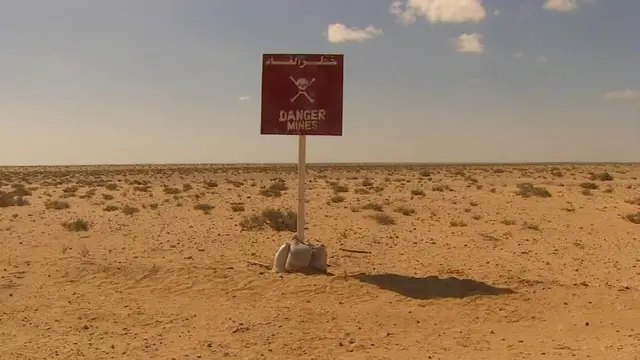Iran has significantly slowed down the growth of its controversial uranium stockpile refined to 20 percent, according to a confidential quarterly report by the International Atomic Energy Agency (IAEA) obtained by Xinhua on Wednesday.
The report showed Iran's nuclear stockpile of 185.1kg was only 3.8kg more than a previous report released in May, and far below 240kg, the amount required to produce a nuclear bomb.
This indicates Iran's nuclear stockpile falls well below the "red line" of Israel. In the past, Israel has threatened military action if Iran were to increase its nuclear stockpiles beyond this limit.
However, the IAEA report showed Iran had expanded its uranium enrichment capacity by installing more than 1,000 advanced centrifuges at the Natanz enrichment plant.
The report added Iran's Natanz facility was producing uranium refined to 5 percent, far below weapon-grade uranium.
Iran is also said to have continued work on its planned heavy water reactor at Arak, but the implementation of the project has been postponed to beyond the first quarter of 2014.
Western powers fear the Arak facility could be used to generate plutonium instead of uranium and be used to build a nuclear bomb. However, Iran refutes the allegations and claims its nuclear programs are aimed at power generation and medical use.
Since taking office as the new president of Iran in early August, Hassan Rouhani promised to increase transparency with regard to the country's nuclear program.
However, intensive talks between the West and Iran have yet to make any substantial progress.
Iran on Tuesday named disarmament expert Reza Najafi as its new envoy to the UN nuclear watchdog, replacing Ali Asghar Soltanieh who represented the country for ten rounds of talks.
Najafi along with Iranian Foreign Minister Mohammad Javad Zarif will represent Iran at the IAEA in future talks, the next round of which has been announced for Sept. 27.
Meanwhile, the head of the safeguard department of IAEA, Herman Nackaerts, Soltanieh's counterpart is also leaving his post in September.
 简体中文
简体中文

